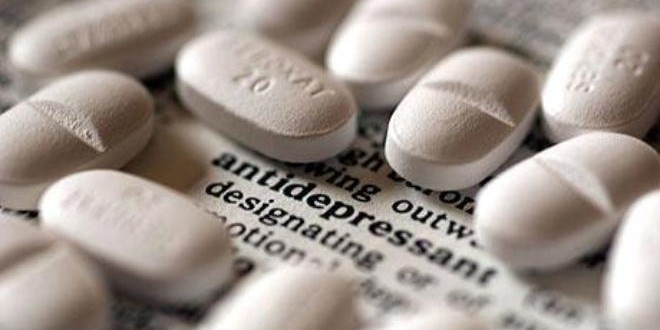A single dose of a popular class of psychiatric drug used to treat depression can alter the brain’s architecture within hours, even though most patients usually don’t report improvement for weeks, a new study suggests.
“We were not expecting the SSRI to have such a prominent effect on such a short timescale or for the resulting signal to encompass the entire brain,” says Julia Sacher of the Max Planck Institute for Human Cognitive and Brain Sciences.
While SSRIs are among the most widely studied and prescribed form of antidepressants worldwide, it’s still not entirely clear how they work. The drugs are believed to change brain connectivity in important ways, but those effects had generally been thought to take place over a period of weeks, not hours.
The new findings show that changes begin to take place right away. Sacher says what they are seeing in medication-free individuals who had never taken antidepressants before may be an early marker of brain reorganization.
Study participants let their minds wander for about 15 minutes in a brain scanner that measures the oxygenation of blood flow in the brain. The researchers characterized three-dimensional images of each individual’s brain by measuring the number of connections between small blocks known as voxels (comparable to the pixels in an image) and the change in those connections with a single dose of escitalopram (trade name Lexapro).
Their whole-brain network analysis shows that one dose of the SSRI reduces the level of intrinsic connectivity in most parts of the brain. However, Sacher and her colleagues observed an increase in connectivity within two brain regions, specifically the cerebellum and thalamus.
The researchers say the new findings represent an essential first step toward clinical studies in patients suffering from depression. They also plan to compare the functional connectivity signature of brains in recovery and those of patients who fail to respond after weeks of SSRI treatment.
Understanding the differences between the brains of individuals who respond to SSRIs and those who don’t “could help to better predict who will benefit from this kind of antidepressant versus some other form of therapy,” Sacher says. “The hope that we have is that ultimately our work will help to guide better treatment decisions and tailor individualized therapy for patients suffering from depression.”
Agencies/Canadajournal
 Canada Journal – News of the World Articles and videos to bring you the biggest Canadian news stories from across the country every day
Canada Journal – News of the World Articles and videos to bring you the biggest Canadian news stories from across the country every day




Antidepressant success rates are still extremely low, not much higher than a placebo – plus the side effects can be horrible.